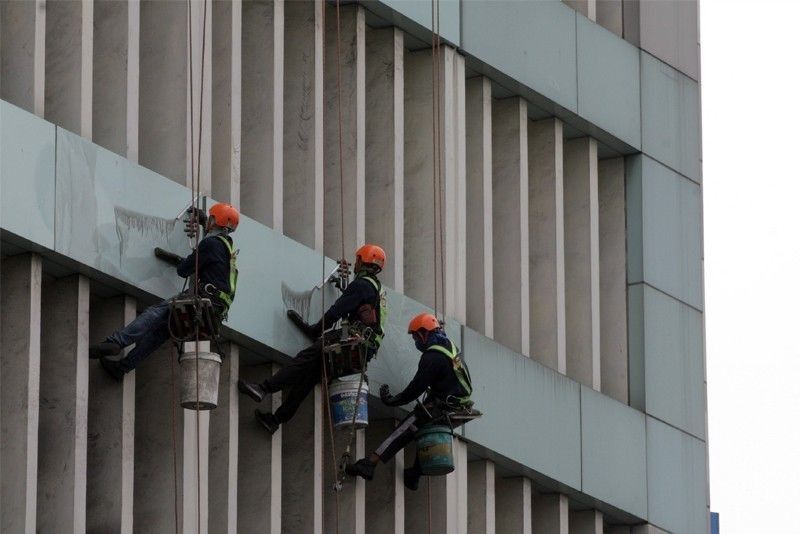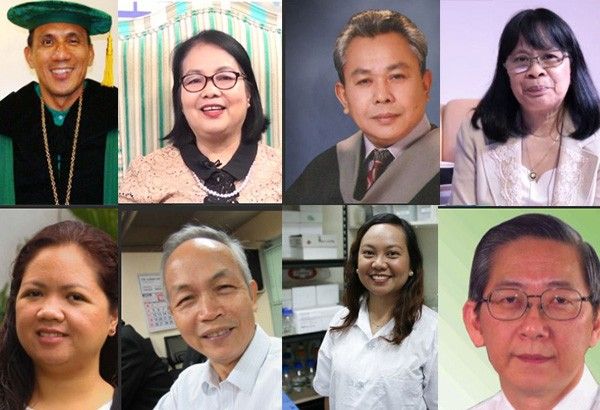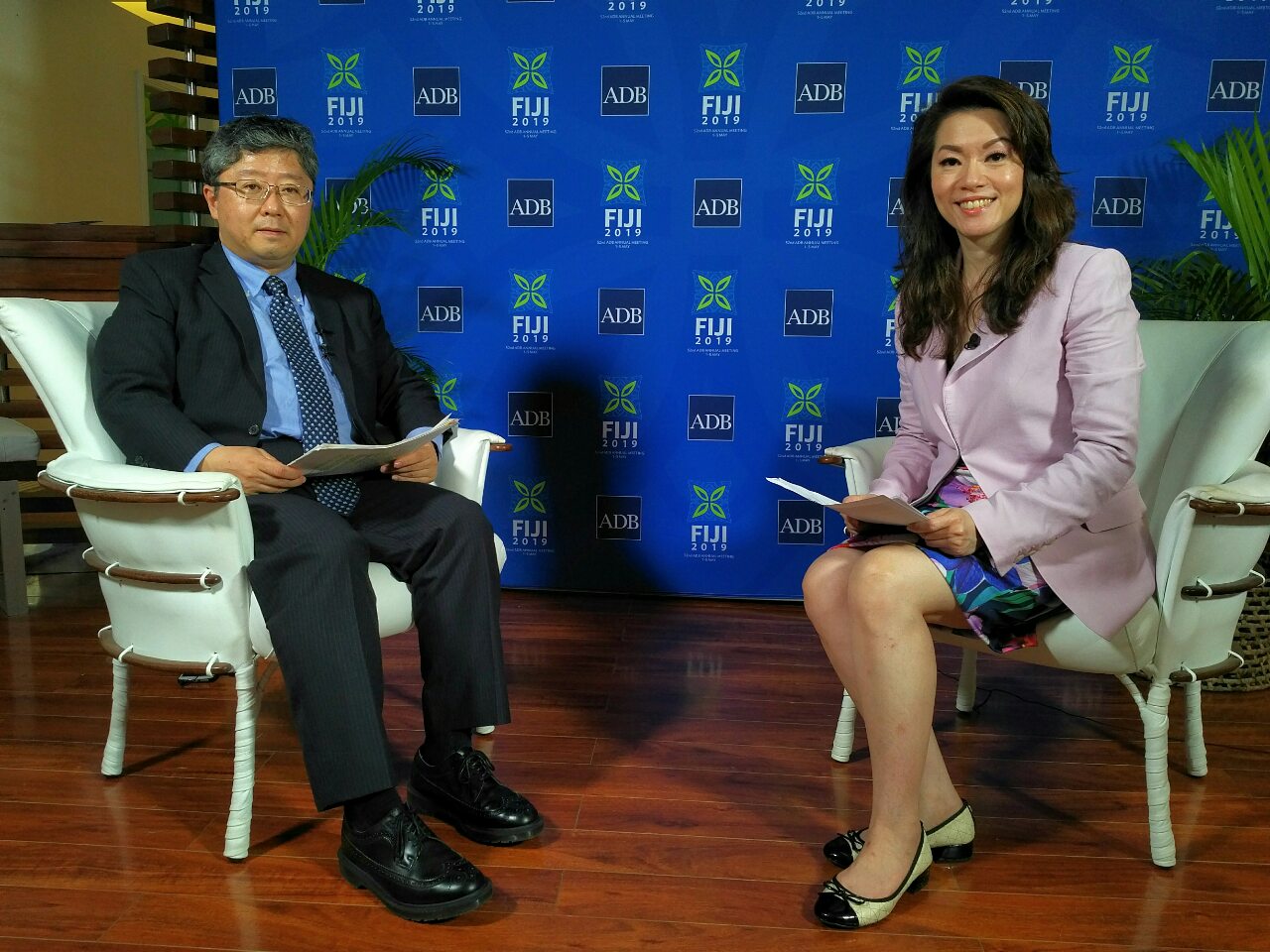PHL an outlier in slowing Asia-Pacific M&A market
Arra B. Francia
BusinessWorld
04 July 2019
THE PHILIPPINES was the fastest-growing market in the Asia- Pacific (APAC) region ex-Japan in terms of mergers and acquisitions (M&A) last semester, driven by the consolidation of one of the country’s largest cement players.

In its Global & Regional M&A Report for the first half of 2019, media firm Mergermarket revealed that the value of M&A deals in the country soared by 398.2% or $2.2 billion during the period.
This was primarily driven by conglomerate San Miguel Corp. (SMC)’s acquisition of an 85.7% stake in Holcim Philippines, Inc. from LafargeHolcim Ltd.
“The surge in the Philippines was largely driven by the flagship ‘Build, Build, Build’ campaign of President Rodrigo Duterte, which is spurring consolidation among cement players,” Mergermarket said in its report.
Holcim Philippines disclosed in May that SMC has agreed to acquire 85.7% of the firm for $2.15 billion, making it the biggest M&A deal in the local cement industry. The sale of LafargeHolcim’s Philippine assets is part of its rationalization program to exit from the “hyper competitive arena in Southeast Asia.”
The Philippines defied the slowdown seen in the region as well as in individual markets. Mergermarket noted that dealmaking “slowed down to levels unseen since 2013,” attributing the decline to the escalating trade war between the United States and China.
APAC ex-Japan tallied 1,525 deals last semester worth $241 billion, resulting in a drop in global market share to 13.4% from 18.6% in the same period last year.
China and Hong Kong accounted for more than half of the region’s total deal value, although deals from the former dropped by 44.7% year on year.
Deals in Hong Kong meanwhile dipped by 11.1%.
India followed as the largest M&A market, despite also posting a 52.8% decrease to $33.5 billion.
Southeast Asia showed a more favorable performance in the same period, with Singapore increasing by 154% to $17.1 billion for the period. Indonesia picked up by 88.6% to $6.6 billion, while Malaysia jumped by 16.4% to $3.7 billion.
In terms of sector, consumer-related transactions booked a 7.6% increase to $23.2 billion from 144 deals. The technology sector dropped by 66% to $22.9 billion, “as the tech war between the US and China is threatening to disrupt the supply chain and create a digital iron curtain between countries using US technologies and those who adopt Chinese ones.”
Meanwhile, Mergermarket also said that private equity (PE) buyouts appear “bleak and is expected to worsen in the near future.” PE buyouts amounted to $28.8 billion in the first half, 57% down from last year’s $67.1 billion. PE exits were also weak at $28.25 billion, 62% lower than last year’s $73.4 billion. — Arra B. Francia







